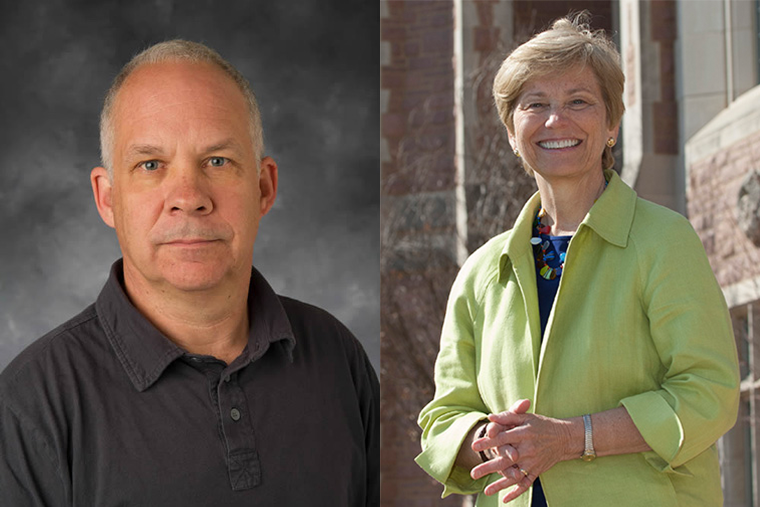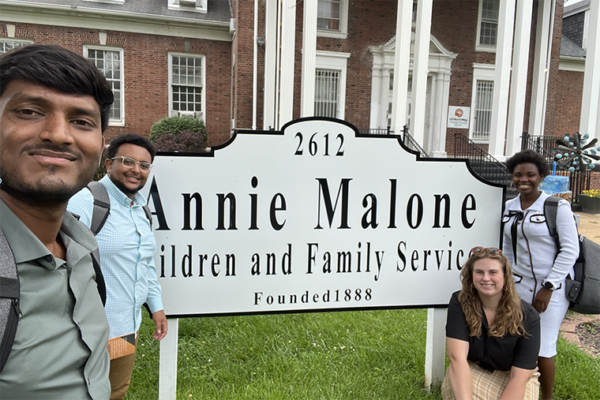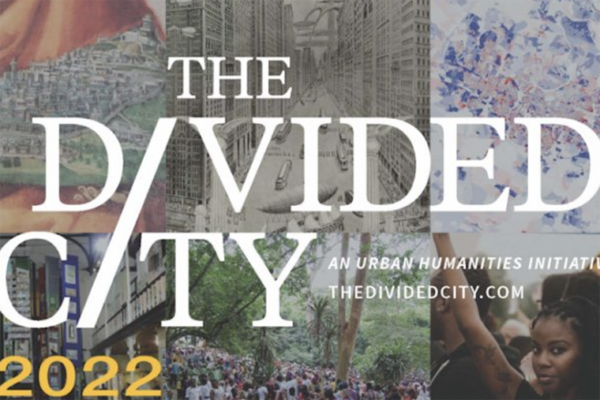For the first half of the 20th century, St. Louis and St. Louis County — like many communities throughout the Midwest — utilized racial covenants to uphold segregation and restrict who could occupy property. Prior to the development of zoning and building codes and federal redlining practices, these private agreements shaped the development of American cities and the distribution of people within them.
The consequences of these racial restrictions continue to reverberate today.
Washington University in St. Louis students, faculty, staff and alumni, along with members of the public, are invited to learn about the history of these prohibitions and how they have sustained racial segregation in the United States at a presentation at noon Monday, Nov. 6, at the Bryan Cave Moot Courtroom in Anheuser-Busch Hall. The event is free, and pizza will be served.
Colin Gordon, a professor of history at the University of Iowa, will speak to the WashU community about his forthcoming book, “Patchwork Apartheid: Private Restriction, Racial Segregation, and Urban Inequality.” Karen Tokarz, the Charles Nagel Professor of Public Interest Law & Policy at Washington University, will serve as the moderator.
“Professor Gordon is a ‘student of St. Louis’ who became interested in the city for its stark historical patterns of racial segregation, about which he has written for many years,” said Tokarz, who is also director of the Civil Rights & Community Justice Clinic and and co-founder of the St. Louis Mediation Project.
“His early book, ‘Mapping Decline: St. Louis and the Fate of the American City,’ is widely relied upon as to the origins and consequences of urban crises in St. Louis and across the country.”
The event is part of Washington University’s Public Interest Law & Policy Speakers Series, an interdisciplinary series that brings to campus nationally and internationally prominent experts in areas such as civil rights, racial justice, capital punishment, international human rights, government public service and pro bono private practice.
Co-sponsors are the Black Law Students Association; the Brown School; the Clark-Fox Policy Institute; the Gephardt Institute for Civic & Community Engagement; the Department of Political Science and the Weidenbaum Center on the Economy, Government, and Public Policy, both in Arts & Sciences; and the Student Bar Association diversity and inclusion chair.
Published by the Russell Sage Foundation, “Patchwork Apartheid” documents the history of private racial restrictions in urban settings and demonstrates its crucial role in the ideas and assumptions that have sustained racial segregation in the United States into the 21st century.
Drawing on extensive records of property restrictions in greater Minneapolis, greater St. Louis and two Iowa counties, Gordon reveals the racial segregation process both on the ground and in the broader social and legal construction of racial categories and boundaries. The book also explores the role of other policies and practices in sustaining segregation.



